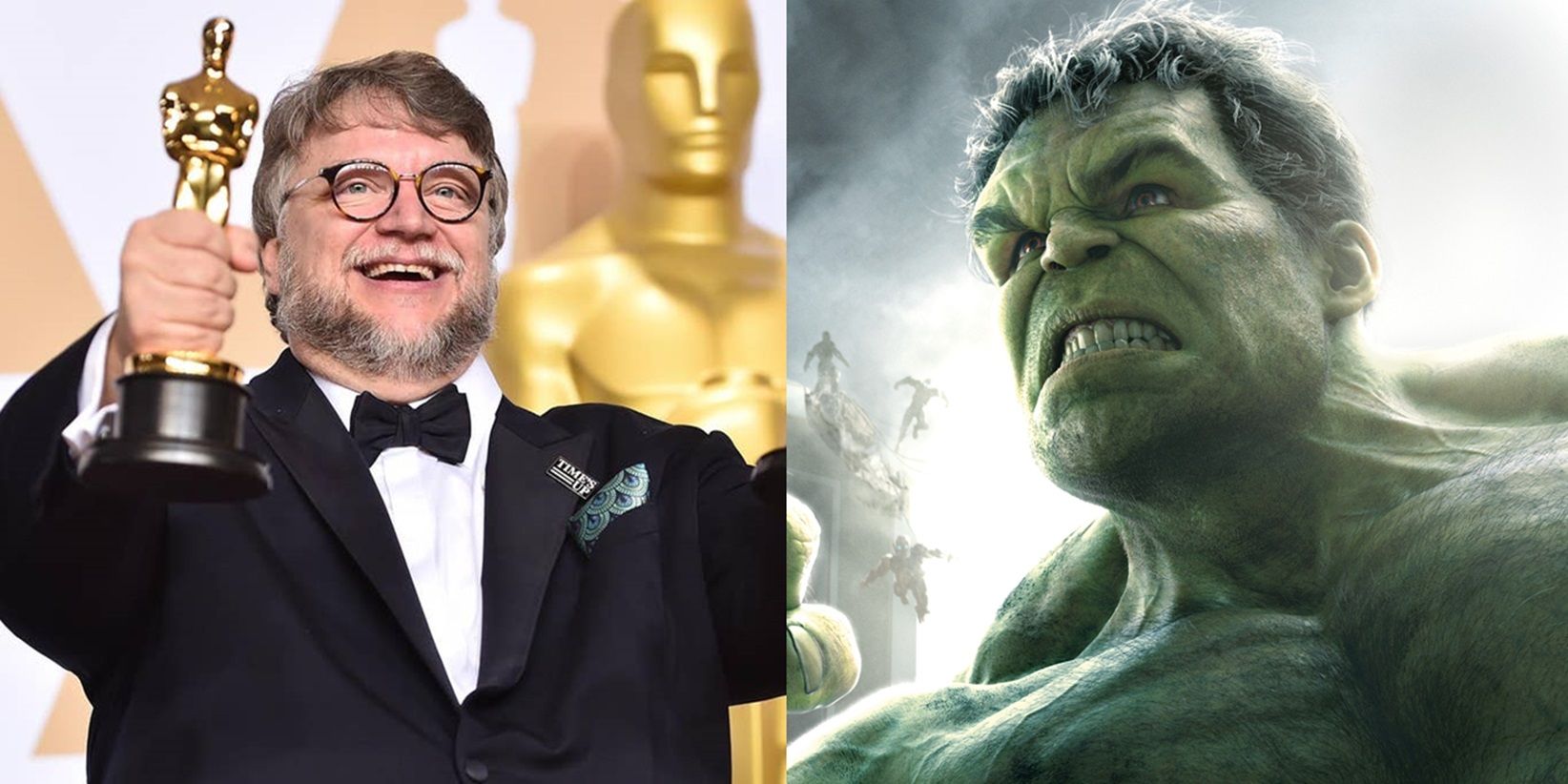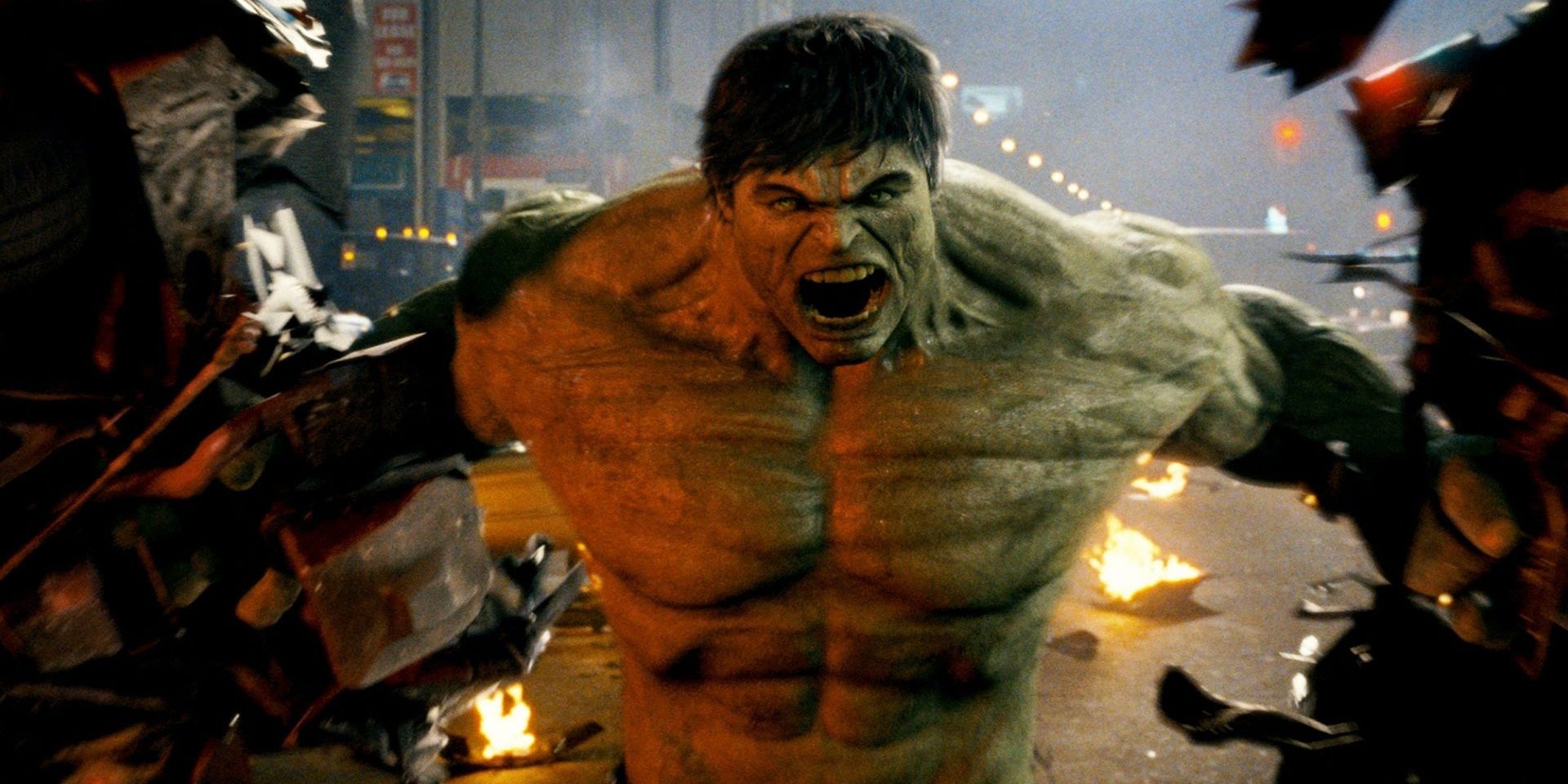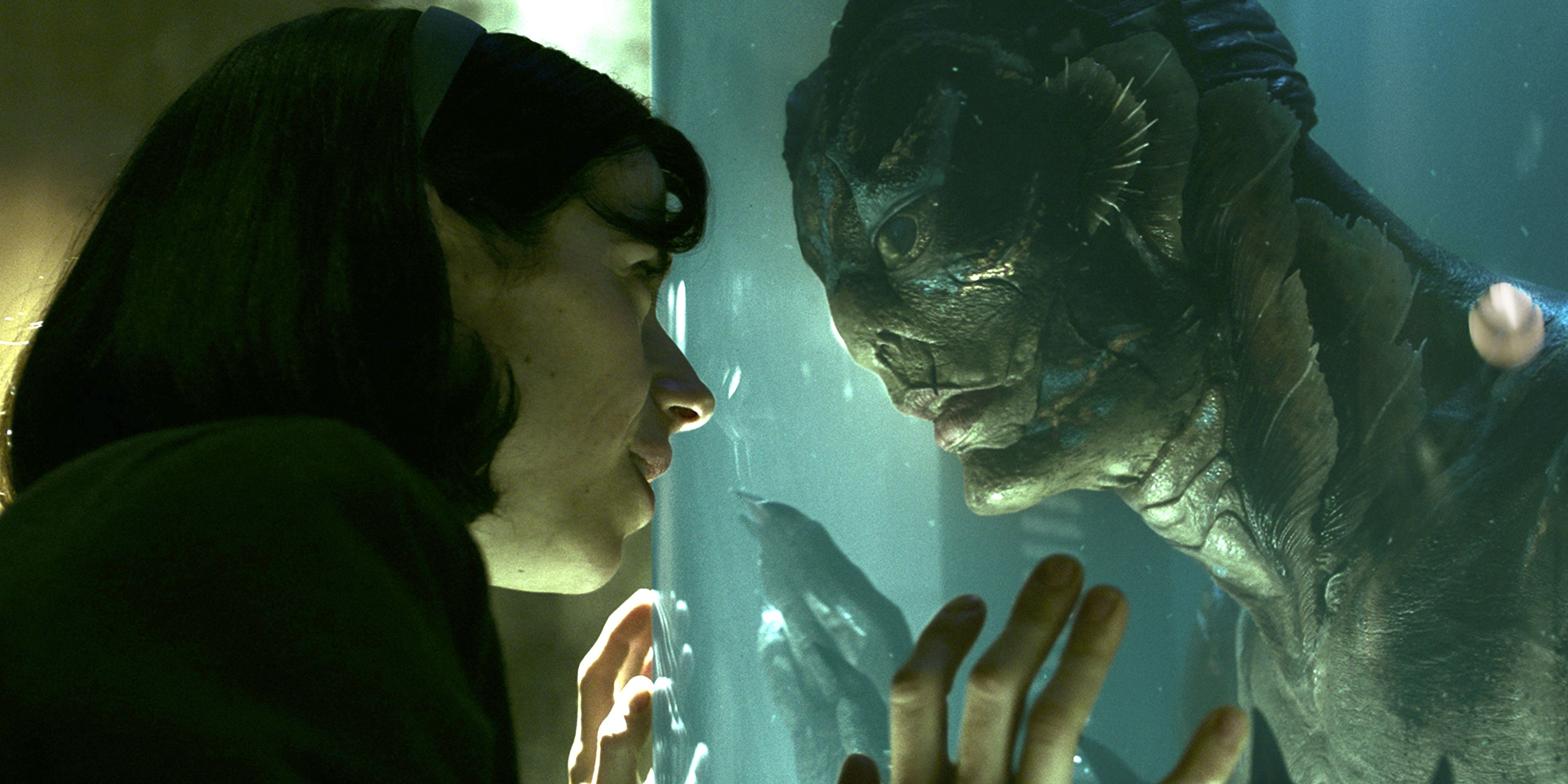There’s a very dry, complicated story behind the lack of a Hulk solo movie in the Marvel Cinematic Universe. Technically, 2008’s The Incredible Hulk was the MCU’s second entry, but Edward Norton’s Bruce Banner was promptly replaced by Mark Ruffalo’s in time for 2012’s The Avengers. The Incredible Hulk was distributed by Universal prior to Disney’s acquisition of Marvel Studios. Thanks to Universal’s stranglehold on the character’s rights, Thor: Ragnarok – loosely adapted from the “Planet Hulk” storyline – is the closest fans will get to another MCU Hulk movie.
Arguably, Ruffalo’s incarnation of the character worked better as a supporting player interacting with other heroes, so his lack of a solo movie ultimately gave him a stronger arc in the Infinity Saga. But the Hulk is a unique superhero and there’s yet to be a really great Hulk movie, so it would be a shame if the green meanie’s big-screen adventures are over for good.
Although the Hulk is one of the most beloved and recognizable comic book characters in the world with a rich mythos, it’s difficult to make a compelling Hulk movie, because the story has to flit between an insecure, softly spoken scientist and a giant monster who smashes things. The Hulk’s destruction is a lot cuter on the pages of comic books than when it’s realized in live-action with all the ensuing consequences.
Ang Lee’s 2003 Hulk movie had some decent set pieces, like a fighter jet taking the Hulk into space and the Hulk crashing back down into the ocean and suddenly emerging from beneath the streets of San Francisco, but it was let down by the director’s weird experimental style and a distinct lack of Hulk action. The Hulk doesn’t actually appear on-screen until the movie’s halfway point. It’s important to flesh out Banner, of course, but it’s a Hulk movie at the end of the day – the audience is there to see Hulk destroy stuff.
While Lee’s missteps proved that even a revered auteur with a proven track record and a unique vision can’t guarantee a great comic book movie, one filmmaker who could undoubtedly do the Hulk justice on the big screen is Guillermo del Toro. Del Toro has confessed his affinity for the Hulk character and his Oscar-laden career is marked by his reputation for creating sympathetic movie monsters and using the ugliness of horror motifs to tell beautifully human stories. In the hands of a master like del Toro, the Hulk’s Jekyll and Hyde dynamic has the potential for a deeply psychological story with the ability to toe the line between Marvel spectacle and what Martin Scorsese considers to be true “cinema.”
The key to making a Hulk story work on the big screen is conveying the Hulk’s monstrous, imposing, destructive presence while ensuring he’s also sympathetic and human. In his Best Picture-winning triumph The Shape of Water, del Toro got the audience to root for the love between a woman and a Creature from the Black Lagoon-style sea monster. The Faun in Pan’s Labyrinth looks scary at first, but he’s ultimately the wise Ben Kenobi-esque guide on Ofelia’s journey. As for the scale of the action, del Toro proved he’s more than capable of handling big Marvel-sized set pieces with the escalating stakes and sharp editing of Pacific Rim’s mega-scale machine-versus-kaiju smash-‘em-ups.
If Marvel tapped del Toro to helm a Hulk movie, it wouldn’t be the first time he’d adapted comics for the big screen. After showing promise with the flawed, but awesome vampire-infested actioner Blade II, del Toro really shined with his on-screen portrayal of the Hellboy character. Like the Hulk, Hellboy is an outcast, considered a monster, and more of an antihero than a regular hero. Del Toro’s Hellboy movies weren’t 100% faithful to the comics, but showed that the director can marry his own cinematic style to that of existing source material.
Del Toro previously tried to spearhead a reimagining of the old Incredible Hulk TV series, but it never came to fruition. He was working on a Hulk series for ABC in 2012, but then-Marvel Television head Jeph Loeb put the project on indefinite hold in the wake of The Avengers’ release as Ruffalo’s Banner had quickly become the definitive on-screen version of the character. So, del Toro’s head is conveniently filled with unused Hulk story material. He even has entire Hulk-centric scripts lying around that Marvel has left to gather dust.
The MCU’s movies are accused of being featherlight. They touch on serious subjects without really digging into them (although The Falcon and the Winter Soldier has proven to be an exception to this, and both Black Panther and Thor: Ragnarok have sharp underlying themes). Del Toro is one of the masters of pushing social commentary through genre stories. Pan’s Labyrinth is a fairy tale set against the backdrop of Francoist Spain; Ofelia escapes from the bleakness of her stepfather’s ruthless war efforts by disappearing into a fantasy world. The Shape of Water is a fantastical love story set at the height of the Cold War that touches on political paranoia, prejudice, and fear of “the other.” Crimson Peak is a haunted house movie with sumptuous gothic visuals in which the ghosts are a metaphor for the past creeping up on people.
Del Toro can make movies that are both dark and whimsical. He makes fun popcorn movies that play around in a genre sandbox, but are also intellectually challenging. If anyone can direct a great Hulk film, it’s him.



